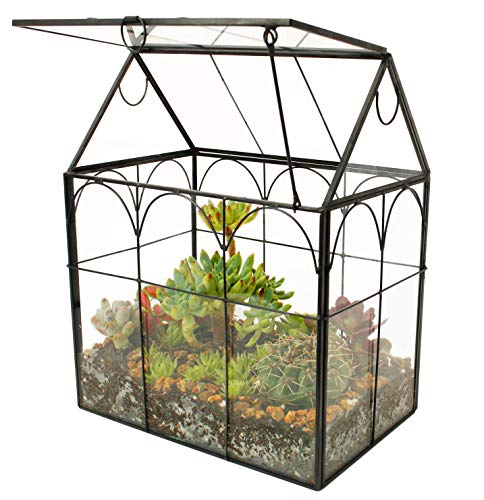unfortunately Samson didn't make it. Don't know what was the problem. I didn't mess with it too much so it would get use to its home. It just would not eat. I saw it eat a few times, but not a lot. Had everything perfect for it; heat mat on half the enclosure, dry side and humid side. Had plenty of hiding places. I feel bad; like a bad gecko dad. I like these lizards a lot, but I don't think I will ever get another one.
I hate to say it, because it gives a bad impression of those who sell at reptiles shows, but it sounds like this seller has/had sick animals. There is no reason why that guy shouldn't have eaten unless it had a heavy parasite load or something similar. Unfortunately, there ARE bad sellers at the shows, so you really just have to be wary of who you are buying from. But please remember that, just like anywhere, there are also very GOOD people that sell at reptile shows, too.
Despite what the person above said, they are NOT difficult animals at all, and they are, in fact, very forgiving of neglect & inadequate care...otherwise, they wouldn't continue to be offered in the pet trade & sold in pet stores (ever seen what animals must suffer through at bad pet stores?) It is my humble opinion that the gecko in question probably had health issues prior to your purchasing it and it really had nothing to do with your care methods.
Also, in the future for those who may have a leopard gecko, who is otherwise healthy, but simply not eating...we have found a trick to get them to eat by offering young hornworms or silkworms. They are like a "treat" for the geckos, and they can't seem to resist the head swaying of a juicy worm. We have had just one or two young geckos, who didn't start off eating very well, but after offering them horns/silkies for a few days, they went on to go ahead & eat meal worms & crickets just fine afterwards. Also, bigger worms for older geckos seem to be like "crack"...and they will trample each other to get to a good worm! (In a funny way...not really hurting each other!)
We have heard of others who feed pinky mice to their leos, which, while it may make them very fat indeed, is not something we feel is healthy for them. So, on the rare occasion that we have an excess of pinkies to be used, we might feed a pinky to a leo, but it is generally reserved only for the breeding females to help keep their weight up while they are laying eggs.
-Carey Kurtz-




































